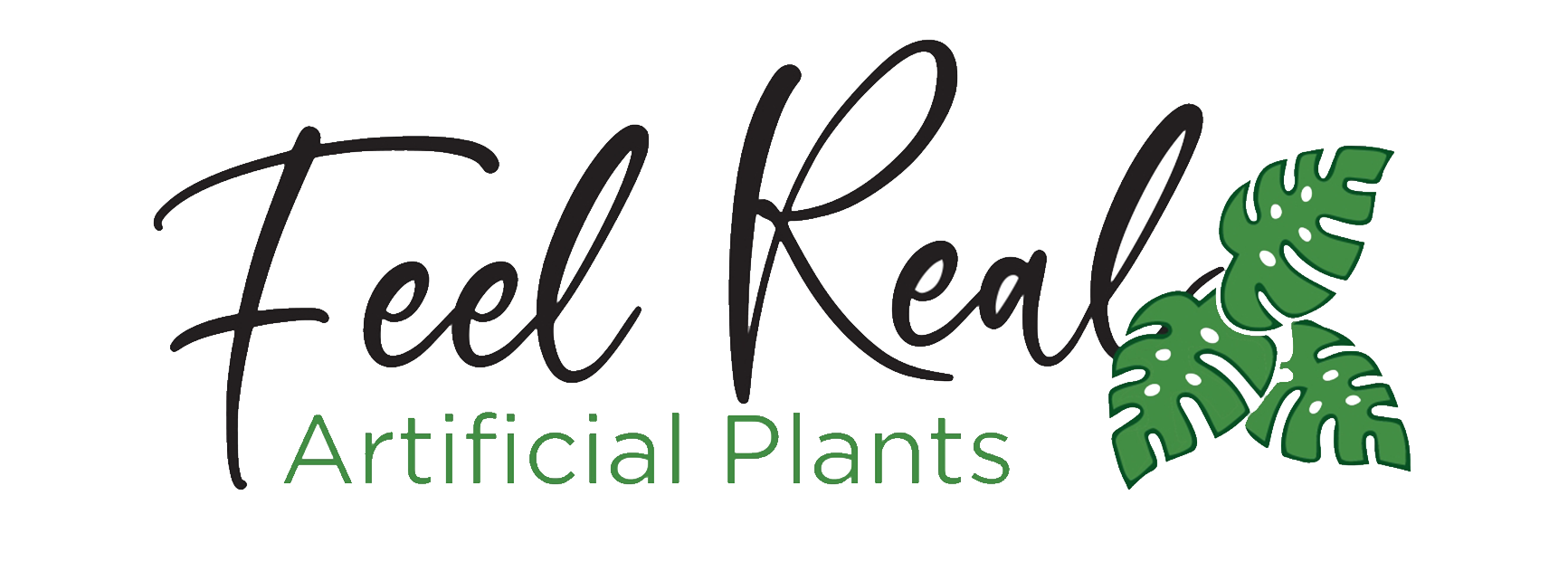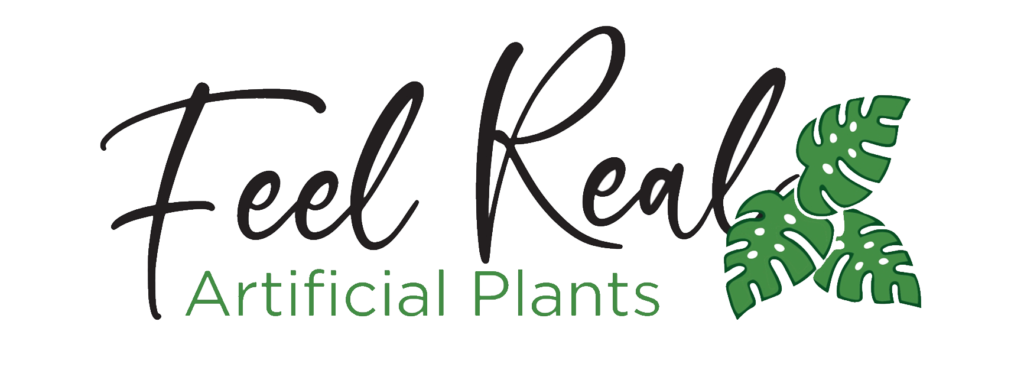In the ever-expanding world of interior and exterior decoration, artificial plants have emerged as a versatile and durable alternative to their natural counterparts. As a leading artificial plants factory based in China, we have dedicated ourselves to offering an extensive range of high-quality, affordable artificial plants suitable for a variety of settings.

Our products cater to distributors, wholesalers, chain stores, and retailers across the US, Europe, Australia, and the Middle East. In this comprehensive guide, we will explore the nuances of sourcing and importing wholesale artificial plants, highlighting our unique approach to design, production, and customer service.
– Understanding the Artificial Plant Market
The global demand for artificial plants has seen a significant upsurge due to their low maintenance, long-lasting nature, and aesthetic versatility. This increasing popularity stems from various factors. Firstly, artificial plants offer an evergreen solution to urban spaces, where time and environmental conditions often limit the growth of real plants. Secondly, the advancements in manufacturing technologies have enabled the creation of highly realistic artificial plants, making them an attractive option for both indoor and outdoor décor.
1. Diverse Applications Across Markets
Artificial plants have found their way into a myriad of spaces, ranging from corporate offices to residential homes, and even outdoor public areas. Their versatility in design and form allows them to adapt seamlessly to various decorative themes and styles. In corporate environments, they add a touch of greenery without the upkeep associated with real plants. In homes, they serve as durable and allergy-free decorative elements. Furthermore, they are increasingly used in events like weddings and corporate functions due to their convenience and aesthetic appeal.
2. Consumer Preferences in Different Regions
The preference for artificial plants varies across regions. In the United States and Europe, there is a high demand for plants that mimic local flora, with a lean towards more realistic and premium quality options. Australian markets often seek sun-resistant varieties suitable for harsher climates. In contrast, buyers in the Middle East often prefer lush, exotic designs that add a luxurious feel to interiors. Understanding these regional preferences is key to catering to the diverse needs of the global market.
3. Importance of Quality and Style Variety
Quality and style variety are two critical aspects that businesses must consider when sourcing artificial plants. High-quality artificial plants not only look more realistic but are also more durable, making them a better investment in the long run. Additionally, offering a wide range of styles ensures that different tastes and decor themes can be accommodated, broadening the potential customer base. This is where our factory excels, offering an extensive catalog of styles at competitive prices, without compromising on quality.

4. OEM Services: Tailoring to Market Needs
Our factory’s OEM services allow for customization, enabling clients to have products designed to their specific requirements. This flexibility is a significant advantage in the artificial plants market, where differentiation can be a key factor in attracting and retaining customers. By offering OEM services, we empower retailers, wholesalers, and distributors to meet the unique demands of their local markets, giving them a competitive edge.
– Why Choose Chinese Manufactured Artificial Plants?
China’s reputation as a global manufacturing powerhouse extends significantly into the realm of artificial plants. The country has been at the forefront of producing high-quality, aesthetically pleasing, and durable artificial plants, making it a preferred choice for buyers worldwide. Here’s why choosing a Chinese manufacturer, such as our factory, is a smart decision for your artificial plant needs:
1. Cost-Effectiveness
China’s manufacturing industry benefits from economies of scale, which translates into lower production costs. This cost-effectiveness is a significant advantage for buyers, especially when ordering in bulk.
By partnering with a Chinese manufacturer like us, you can leverage these lower costs to offer competitive pricing in your market without compromising on quality. This aspect is particularly crucial in a competitive industry where maintaining a balance between quality and affordability is key to attracting and retaining customers.
2. Diverse Range of Styles
One of the standout features of Chinese-manufactured artificial plants is the sheer variety and richness in styles. Our factory takes pride in offering a wide array of products, ranging from contemporary designs that suit modern decor themes to classic looks that exude timeless elegance.
This diversity ensures that we can cater to a broad spectrum of tastes and requirements, making it easier for our clients to satisfy the specific demands of their customer base. Whether it’s a trendy succulent for a minimalist office space or a lush fern for a traditional home setting, our extensive catalog has something to suit every need.
3. Customization Capabilities
Customization is a critical aspect of our offering, particularly valuable in a market where differentiation can significantly impact sales. Our OEM services allow clients to tailor products to their unique specifications, whether it’s adapting to specific size requirements, color schemes, or even creating entirely new designs.

This flexibility not only helps in meeting the specific design and branding needs of different markets but also adds a personal touch to the products, enhancing their appeal to end consumers. By offering these customization options, we empower our clients to create a unique product line that stands out in their market.
4. Quality Assurance and Innovation
Chinese manufacturers are not just about cost-effectiveness and variety; we are deeply committed to quality. With state-of-the-art manufacturing processes and strict quality control measures, we ensure that every product meets high standards of durability and aesthetics. Furthermore, we continuously invest in R&D to innovate and stay ahead of market trends, ensuring that our clients always have access to the latest and most sought-after artificial plant designs.
5. Streamlined Supply Chain
The efficiency of China’s supply chain is another crucial factor. From production to shipping, Chinese manufacturers have optimized processes to ensure timely delivery of products. This efficiency reduces lead times and ensures that our clients can meet their inventory needs without significant delays, an essential factor in today’s fast-paced market.
– Navigating the Sourcing Process
Sourcing artificial plants from China, though a lucrative venture, requires a strategic approach to ensure successful and satisfactory transactions. Here are the key steps involved in the sourcing process:
1. Research and Initial Contact
The first step in sourcing is to conduct thorough research to identify potential suppliers. This includes evaluating their credibility, manufacturing capacity, and export history. In the age of digital connectivity, most of this information is accessible online, through platforms like Alibaba, Made-in-China, or the suppliers’ own websites. Once a shortlist of suppliers is made, the next step is to establish contact, either via email, phone calls, or virtual meetings. This initial communication is crucial to assess their responsiveness, understand their product range, and gauge their willingness to meet your specific needs.

2. Evaluating Product Range, Quality, and Pricing
During the initial discussions, it’s important to inquire about their product range, quality standards, and pricing. This helps in understanding if the supplier’s offerings align with your market requirements and price expectations. It’s also an opportunity to discuss customization options and OEM services, which are vital for differentiating your product line in your target market.
3. Requesting Samples and Prototyping
Before proceeding with bulk orders, it’s essential to request samples. This step allows you to personally evaluate the quality and aesthetic of the products. For those requiring OEM services, this stage may also involve prototyping, where you work with the supplier to develop a product that meets your specific design and quality specifications. This process might include several iterations to refine the product to the desired standard. The cost of sampling and prototyping can vary, and it’s important to negotiate these terms upfront.
4. Negotiation and Contracting
Once you are satisfied with the sample quality and have agreed on the product specifications, the next step is negotiation. This involves discussing terms, including prices, Minimum Order Quantities (MOQs), payment terms, and delivery schedules. It’s crucial to negotiate a deal that is mutually beneficial and sustainable in the long term.
After the negotiation, a formal contract should be drawn up. This contract should clearly outline all the agreed terms, including product specifications, pricing, payment terms, delivery schedules, and any warranties or quality assurances. It’s advisable to have legal counsel review the contract to ensure that your interests are adequately protected.
5. Quality Control and Compliance
Ensuring the quality of the products is paramount. This may involve setting up quality control processes, either through your own team or third-party inspection services. Additionally, compliance with the legal and regulatory requirements of your target market, especially in terms of safety and environmental standards, should be confirmed.
6. Logistics and Shipping
The final step involves arranging the logistics for shipping the products from China to your destination. This includes understanding the shipping options, costs, and time frames. It’s also important to be aware of the customs procedures and import duties applicable in your country to avoid any unexpected costs or delays.

– Quality Assurance and Compliance
Quality is paramount in the artificial plant industry, where the final product’s appearance and durability significantly influence customer satisfaction and repeat business. When sourcing from China, it’s essential to ensure that quality assurance and compliance standards are not just promised but rigorously implemented. Here’s how to manage this crucial aspect:
1. Setting Quality Standards
The first step is to establish clear quality standards that your supplier needs to meet. This includes specifying the materials to be used, the level of craftsmanship required, and the overall aesthetic of the final product. Clear guidelines on what constitutes a defect, tolerable variance levels, and the finish of the product should be communicated. This helps in creating a shared understanding of what quality means for your specific product range.
2. Quality Control Inspections
Conducting regular quality control inspections is crucial. This can be done at various stages of the manufacturing process. Initial inspections can be conducted on raw materials, mid-production inspections to monitor the manufacturing process, and final inspections to check the finished product before shipment. Employing third-party inspection services can provide an unbiased assessment of the quality, further ensuring that the products meet your standards.
3. Compliance with International Standards
Compliance with international safety and environmental standards is not only a legal requirement but also a mark of quality and reliability. Ensure that the supplier adheres to relevant standards such as ISO (International Organization for Standardization), REACH (Registration, Evaluation, Authorisation and Restriction of Chemicals) in the European Union, or similar regulations in your target market. Requesting compliance certificates or conducting audits can verify adherence to these standards.
4. Regular Audits and Supplier Evaluation
Periodic audits of the supplier’s facilities and processes are advisable to ensure ongoing compliance with quality and regulatory standards. This also provides an opportunity to assess the supplier’s overall operational efficiency, workforce skills, and technological capabilities, which can impact the quality of the products.

5. Feedback and Continuous Improvement
Establish a system for feedback and continuous improvement. This involves collecting and analyzing customer feedback, identifying any common issues or trends, and working with the supplier to implement necessary improvements. A responsive supplier who is open to feedback and willing to make adjustments is a valuable partner in maintaining high-quality standards.
6. Managing Non-Compliance Issues
Despite best efforts, there may be instances of non-compliance or quality issues. Having a clear process for addressing these issues is essential. This should include mechanisms for reporting non-compliance, steps for remedial action, and, if necessary, provisions for returns or compensation. Clear communication and a cooperative approach with the supplier are key to resolving such issues effectively.
– Logistics and Importation
Understanding and efficiently managing the logistics of importing artificial plants is essential to ensure that the products reach your destination on time and within budget. Here are the key aspects to consider:
1. Choosing Shipping Options
The choice between air and sea freight is a critical decision in the logistics process. Air freight is faster but more expensive, making it suitable for smaller, time-sensitive orders. Sea freight, on the other hand, is more cost-effective for bulk shipments but takes longer. Your decision should be based on factors such as the size and urgency of the order, your budget, and inventory planning. It’s also beneficial to stay informed about the current trends and disruptions in shipping, like port delays or increased freight charges, as they can impact your logistics planning.
2. Understanding Customs and Duties
Before importing, it’s crucial to be well-versed with the customs regulations and import duties in your country. Tariffs, taxes, and customs policies vary greatly depending on the country and can significantly affect the total cost of your order. In some cases, certain products may be subject to additional regulations or restrictions. Consulting with a customs broker or an import/export expert can provide valuable guidance and help avoid unexpected costs or delays at customs.
3. Managing Documentation
Proper documentation is vital for a smooth importation process. This includes having a detailed commercial invoice, packing list, bill of lading (for sea freight) or air waybill (for air freight), and any necessary permits or certificates. For artificial plants, this might include phytosanitary certificates or compliance documents proving that the products meet specific safety or environmental standards. Ensuring that all documents are accurate and submitted timely is crucial to prevent delays or issues during customs clearance.
4. Coordinating with Freight Forwarders
Working with a reliable freight forwarder can greatly simplify the logistics process. Freight forwarders are experts in managing the logistics of shipping goods internationally. They can help in choosing the best shipping method, handling all aspects of the shipping process, providing updates on your shipment’s status, and dealing with any issues that may arise during transit.
5. Planning for Last-Mile Delivery
Once the shipment arrives in your country, planning for the last-mile delivery is important. This involves arranging transportation from the port or airport to your warehouse or distribution center. It’s essential to coordinate these arrangements in advance to ensure a smooth handover and avoid storage fees at the port.

6. Insurance for Shipment
Considering the potential risks involved in international shipping, securing insurance for your shipment is advisable. This helps protect against loss or damage during transit, providing financial security and peace of mind.
– After-Sales Support and Building Long-Term Relationships
In the competitive world of artificial plant distribution, the sale is just the beginning of a relationship with the client. Recognizing this, our factory is committed to providing comprehensive after-sales support, understanding that our success is intrinsically linked to the satisfaction and success of our customers.
1. Comprehensive After-Sales Support
After-sales support is a crucial element of customer service, especially in international trade. Our approach includes providing timely and effective responses to any queries or concerns that may arise post-purchase. This can range from addressing issues related to shipping and delivery to handling any product quality concerns. We ensure that there are multiple channels of communication available for our clients, such as email, phone, and messaging services, allowing for easy and prompt resolution of any issues.
2. Dealing with Product Issues
In cases where product issues are reported, our policy is to act swiftly to identify the cause and provide a resolution. This may involve replacements, repairs, or refunds, depending on the nature of the issue and the terms of the contract. We strive to handle these situations with transparency and fairness, as we understand the importance of trust in building long-term business relationships.
3. Regular Follow-Up and Feedback
Proactively following up with clients after a sale is an integral part of our after-sales service. This not only helps in ensuring customer satisfaction but also provides us with valuable feedback on our products and services. We encourage our clients to share their experiences and suggestions, which are instrumental in our continuous improvement efforts.
4. Building Long-Term Relationships
Our business philosophy centers around building and nurturing long-term relationships with our clients. We see our clients not just as business transactions but as partners in growth. By understanding their evolving needs, market dynamics, and challenges, we aim to provide tailored solutions and support that contribute to their success.
5. Customized Solutions and Ongoing Support
Recognizing that each client’s needs are unique, we offer customized solutions and ongoing support to cater to these specific requirements. Whether it’s adapting our product range, adjusting order quantities, or providing market insights, we are dedicated to supporting our clients in every possible way.
6. Commitment to Excellence
Our commitment to excellence in both products and services is fundamental in fostering these relationships. By consistently delivering high-quality products, staying true to our promises, and continuously striving to exceed expectations, we build a foundation of trust and reliability with our clients.

In the thriving market of artificial plants, sourcing and importing can seem daunting. However, with the right partner, it can be a smooth and rewarding process. Our expertise, dedication to quality, and customer-centric approach position us as an ideal partner for your artificial plant needs. Together, we can bring unparalleled beauty and value to your offerings.



